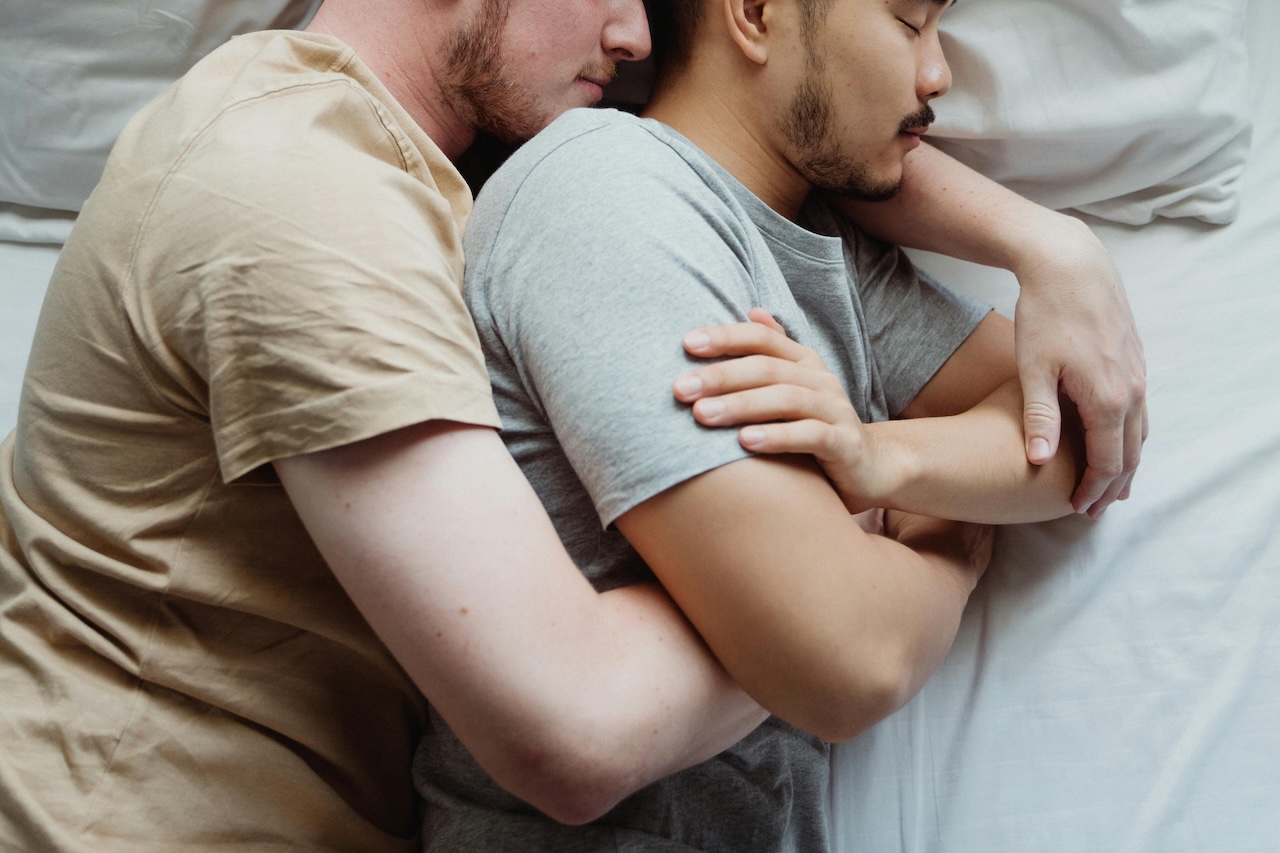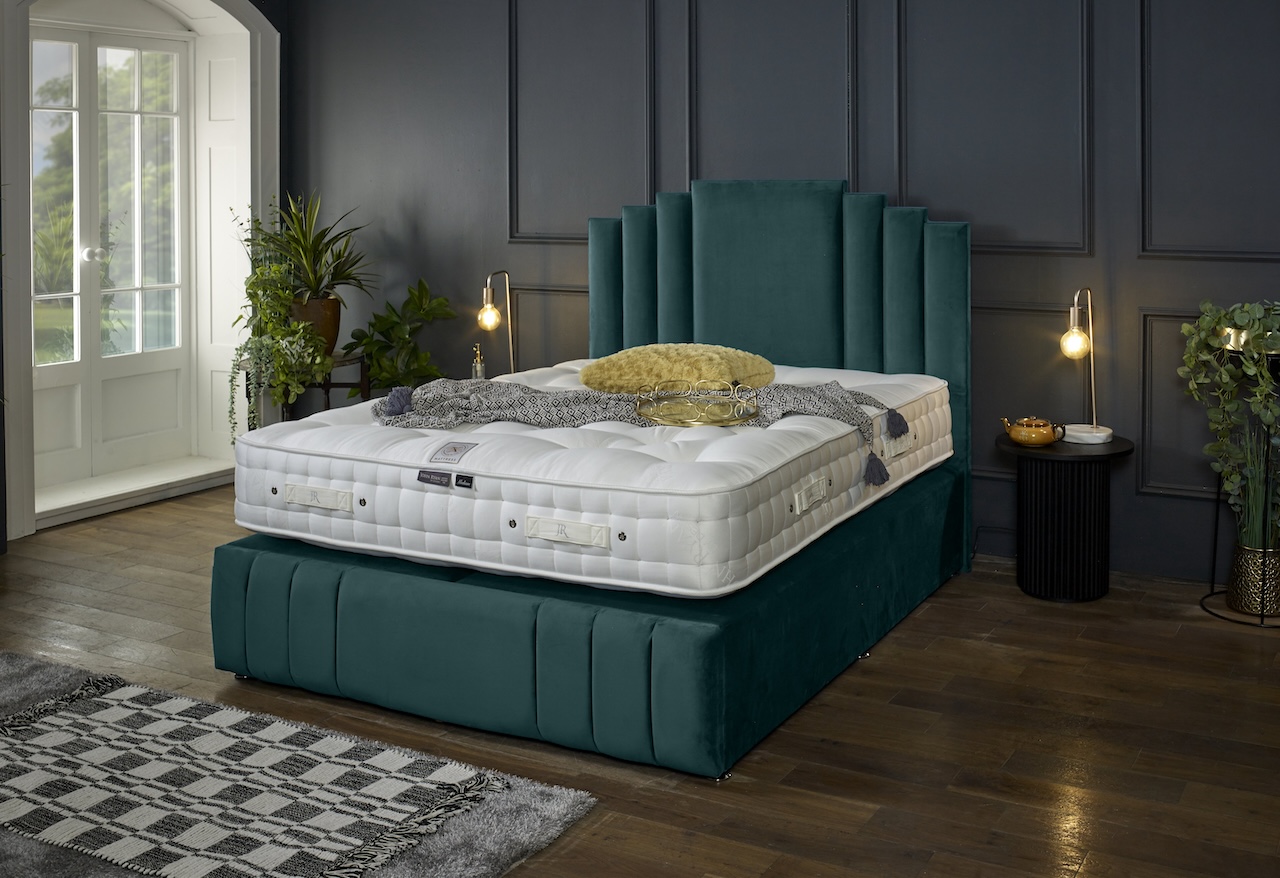Sleep & Well Being, Mattress Science
November 2024Bed Expert Reveals the Best Sounds for a Great Night’s Sleep
We’ve all had those nights when sleep seems just out of reach, leaving us groggy, cranky, and unfocused the next day. While occasionally experiencing poor sleep is unavoidable, creating the right sleep environment can significantly reduce the likelihood of restless nights.
One effective strategy for enhancing your sleep environment is to harness the power of sleep sounds—natural and effective ways to foster the perfect atmosphere for a restful night. But first, let’s explore the science behind how sound impacts our ability to sleep.
How Does Sound Impact Sleep?
i) Neurological Responses, Stress Reduction, and Cortisol Regulation
When the brain is exposed to calming sounds, it engages the limbic system—the area responsible for emotional regulation and stress response. This activation stimulates the release of neurotransmitters such as serotonin and dopamine, which foster feelings of tranquillity and relaxation. Additionally, soothing sounds have been shown to lower cortisol levels, the body’s primary stress hormone, creating a more conducive environment for sleep.

ii) Influence on Brainwave Patterns
Binaural beats and rhythmic sounds can significantly influence brainwave activity. For instance, listening to certain frequencies can promote the production of delta waves, which are associated with deep, restorative sleep. By aligning brainwave patterns with these sound frequencies, listeners may experience a more profound and rejuvenating sleep experience.
iii) Triggering the Relaxation Response
The relaxation response is a state of deep rest that counters the “fight or flight” response triggered by stress. Certain sleep sounds can facilitate physiological changes in the body, including a slowed heart rate, reduced muscle tension, and improved overall well-being. This combination of effects creates a perfect recipe for drifting into a peaceful slumber.
Sleep Sounds & Insomnia
Sleep sounds can be a powerful tool for managing insomnia. They create a soothing environment that helps quiet the mind and promote relaxation.
For many people with insomnia, racing thoughts, stress, or environmental noise can make it difficult to fall asleep. Sleep sounds, such as white noise, nature sounds, or calming music, work by masking disruptive noises and providing a consistent, calming auditory backdrop.
This helps to relax the nervous system, lower stress levels, and promote a sense of security, signalling to the brain that it’s time to wind down. Over time, these sounds can become associated with sleep, making it easier to fall and stay asleep, even during the most restless nights.

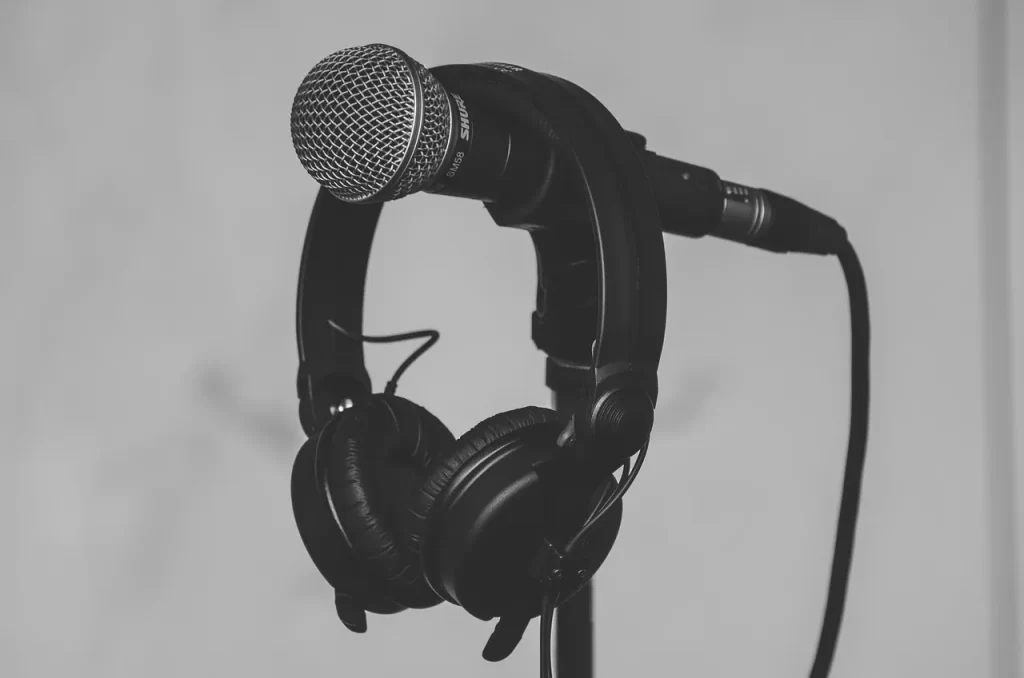
What Are the Best Sleep Sounds to Get Better Sleep?
Now that you understand how sleep sounds can improve sleep quality, what should you consider incorporating into your nighttime routine? Well, as the sleep expert Ryan, our founder, helps explain which sounds can help you fall asleep the fastest.
Ryan emphasizes, “Creating the ideal sleep environment isn’t just about pillows, blankets, and mattresses—though those are important! It’s about cultivating an atmosphere that promotes sleep, including using sleep-inducing sounds.”
Based on Ryan’s expertise, here are five of the best sounds to help you drift off into a great night’s sleep:
1. Pink Noise
Pink noise is similar to white noise but with a deeper and more balanced sound profile featuring lower frequencies. This consistency creates a comforting auditory backdrop that can be incredibly soothing. Pink noise occurs naturally in our environment and can be mimicked by sounds such as falling rain, ocean waves, or rustling leaves. Studies have shown that pink noise can improve sleep quality and enhance memory retention during sleep.
2. Binaural Beats
Binaural beats are a fascinating auditory phenomenon that involves playing two slightly different frequencies in each ear. The brain perceives this difference as a rhythmic beat, which can lead to changes in brainwave patterns. Research suggests that listening to binaural beats may promote relaxation and facilitate deeper sleep, making it a popular choice for those looking to enhance their sleep quality.
3. ASMR (Autonomous Sensory Meridian Response)
ASMR refers to specific auditory stimuli, such as gentle whispering, tapping, or crinkling sounds, that trigger a tingling sensation and deep relaxation in some individuals. This phenomenon is thought to be linked to the release of endorphins—natural chemicals that promote feelings of well-being. Many people find ASMR videos on platforms like YouTube to be a powerful tool for winding down before bed.
4. Soft Music
Soft, slow-tempo instrumental music can create a tranquil ambience that signals your body it’s time to sleep. Classical music is particularly effective, with soothing pieces like Debussy’s “Clair de Lune” or Satie’s “Gymnopédie No. 1” often recommended for bedtime listening. The gentle melodies and harmonious arrangements help reduce anxiety and prepare the mind for rest.
5. Tibetan Singing Bowls
The resonant tones produced by Tibetan singing bowls are renowned for their therapeutic effects. The rich vibrations can induce a profound sense of calm and relaxation, making them an excellent choice for enhancing your nighttime routine. Many people use singing bowls in meditation or yoga practices, but they can also be an effective addition to your pre-sleep ritual.
Which of These Will You Try Tonight?
Incorporating these sleep sounds into your bedtime routine may transform your sleep experience, helping you achieve the restorative rest you need. Whether you choose the gentle waves of pink noise, the mesmerizing tones of binaural beats, or the calming melodies of soft music, these auditory tools can make a significant difference in the quality of your sleep.
So, which of these sounds are you going to try tonight? Sweet dreams await!
Get A Great Night Sleep With John Ryan By Design
It’s not just sleep sounds that can help bring a fabulous night’s sleep; having a comfortable and supportive mattress is another key to enjoying a great night’s sleep. At John Ryan, we stock all manner of high-quality mattresses. So, if you think that your mattress could be contributing to your poor sleep quality (even if it’s only in part), then why don’t you browse our excellent range and see if you can find something that suits you better? And if you have any questions about our products, please don’t hesitate to contact us. Our friendly team of experts will be more than happy to listen to your requirements and help you to choose the mattress that will work best for you.
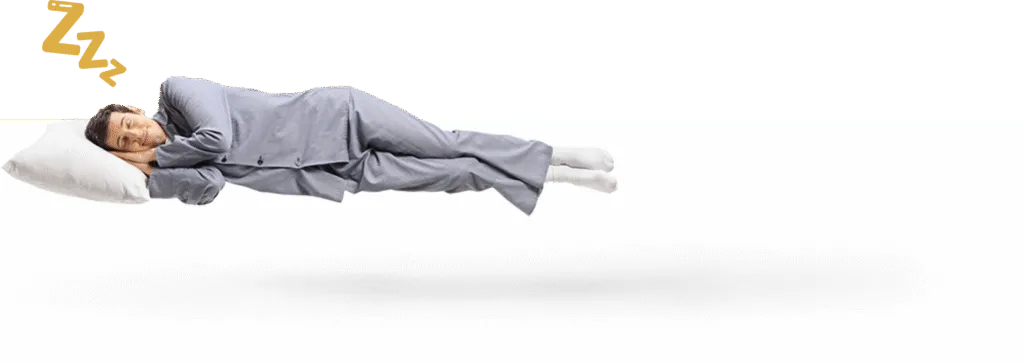
Dreaming of the perfect nights sleep?
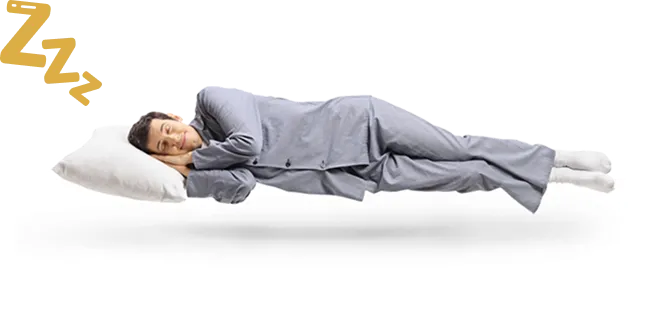
Ask us a question
There are over 6000 questions and answers submitted by you on all questions about mattresses and bed problems. Enter a keyword such as Vi Spring, John Lewis beds, bad back or Memory Foam and see if your question has already been answered.
If you can’t find an answer in knowledge hub, ask a new question. We aim to respond to all questions within one working day.
Newsletter
Enter your email to join our newsletter. We’ll send you occasional news and mattress expertise.

